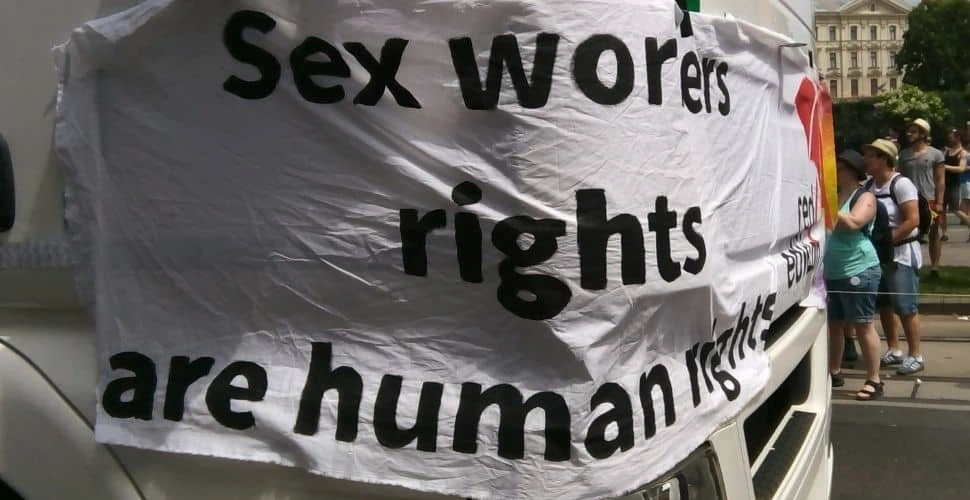A dangerous new law to criminalize sex work is currently being debated in the Spanish parliament. The proposed legislation seeks to criminalize the buyers of sexual services, commonly known as the Nordic Model. But evidence from countries where this framework is already in place suggest that this leaves sex workers more vulnerable to exploitation, violence and trafficking.
More vulnerable to violence & trafficking
Creating a fear of arrest for clients means that sex work is pushed further underground and sex workers are forced to make risky decisions quicker to avoid being detected by authorities. It can mean sex workers are left with little option but to see clients in dangerous locations where their safety may be compromised, where they are more likely to be vulnerable to violence, exploitation, abuse and trafficking and are less likely to report to the police and seek help. This also significantly reduces workers’ bargaining power with clients.
In France, where the Nordic Model was introduced in 2016, the number of murdered sex workers spiked. There was a staggering 92 percent jump in violent crime reports from sex workers in Northern Ireland where the criminalization of clients was introduced in 2015.
Furthermore, criminalization models make it harder for trafficking victims to seek support and undermines the work of activists seeking to support sex workers because “anti-sex work laws make it dangerous for advocates to gather in person, organize online, contact trafficking victims, and conduct health outreach in brothels, for fear of being arrested.”
The Spanish bill also threatens the right to housing, stipulating up to four years in prison for anyone (including other sex workers) who rents a room to “facilitate the prostitution of another person, even with their consent.” This could criminalize sex workers who live and work together as a safety measure.
Decriminalization as a way forward
Research into the effects of the Nordic model on the erosion of protections from the risk of trafficking and exploitation, as well as data collected by national governments, human rights advocates and intergovernmental agencies, all point away from this as an effective solution.
Instead, Freedom United supports the full decriminalisation of sex work as a means of building resilience to trafficking for sexual exploitation.







Freedom United is interested in hearing from our community and welcomes relevant, informed comments, advice, and insights that advance the conversation around our campaigns and advocacy. We value inclusivity and respect within our community. To be approved, your comments should be civil.